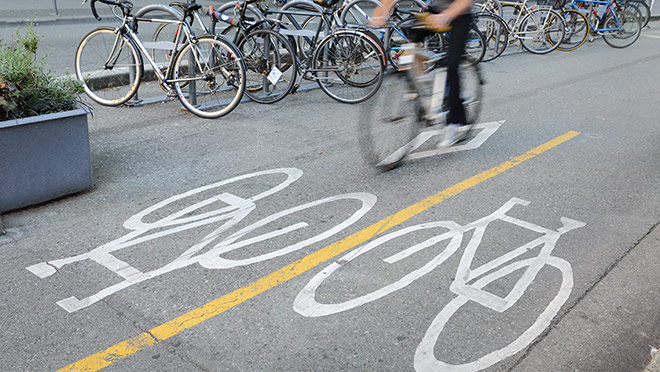Earth Day 2019: 10 ways to help reduce your impact on the planet

Small choices can add up to big positive impacts if we all make them
As we near Earth Day 2019 (April 22), we have more evidence that our impact on the world isn't sustainable. A major report from the United Nations released on March 13, 2019, the report details climate change impacts on human health, air, water, land, and biodiversity. But while it's riddled with bad news, it states that it's not too late.
"There is every reason to be hopeful," report co-editors Joyeeta Gupta and Paul Ekins told The Associated Press in an email. "There is still time but the window is closing fast."
Here are 10 ways to help reduce our impact on the planet and to help deliver on Earth Day's 2019 theme of protecting our species:
- Avoid using the car. The automobile is a tool of convenience, but the carbon emissions related to cars are having a dramatic toll on the planet. Walk. Bike. Take the train or bus. Or at least carpool.
- Avoid buying plastic items. Even when they're recyclable, there are carbon emissions associated with their production and transport. And too much plastic winds up in the landfill or in the ocean. Start by taking reusable bags when grocery shopping, then avoid plastic – from toys to bottled water and everything in between. If you have to buy something plastic (or plastic wrapped), make sure it's recyclable.
- Eat less meat. The costs of meat production on earth are staggering, with beef and lamb at the top of the list of the most destructive for the environment. Start by trying to adhere to the new Canada Food Guide and its emphasis on loading up on vegetables and fruit.
- Don't waste food. Buying in bulk can save money, but it helps contribute to the estimated 30-40% of food that spoils or is thrown out before we eat it.
- Take fewer flights. Even if you're an avid traveller, consider taking fewer, longer trips rather than multiple vacations each year. And if you travel for business, consider whether a virtual meeting – by phone or video conference – isn't a better alternative to the next trip you plan.
- Use less water. The world is facing massive water shortages, and drought is becoming a more common occurrence even here in B.C. Take shorter showers. Turn the tap off while brushing teeth or shaving. Plant drought-resistant trees, grasses, and plants.
- Recycle all you can, and keep it clean. Recycling only works when people use it well. That peanut butter jar that's not washed out can contaminate other recyclables. Sort properly. Clean properly. Help make it work.
- Run an energy-efficient home. A leaky home literally wastes energy as warm air sneaks outside. Draftproof and insulate your home. Use electronics wisely and buy ENERGY STAR® appliances and other devices. Turn that game console off after you're finished using it. Track your electricity use on bchydro.com, and learn how to save.
- Don't waste paper. Use that full sheet of paper you're writing on. Try paper towels that tear off in half sheets. Switch all your bills over to digital. Find toilet paper that's made from recycled material.
- Spread the word. There's power in conversation. It helps change habits, can make us think twice about what we buy and how we get around. And it can change the way we vote.